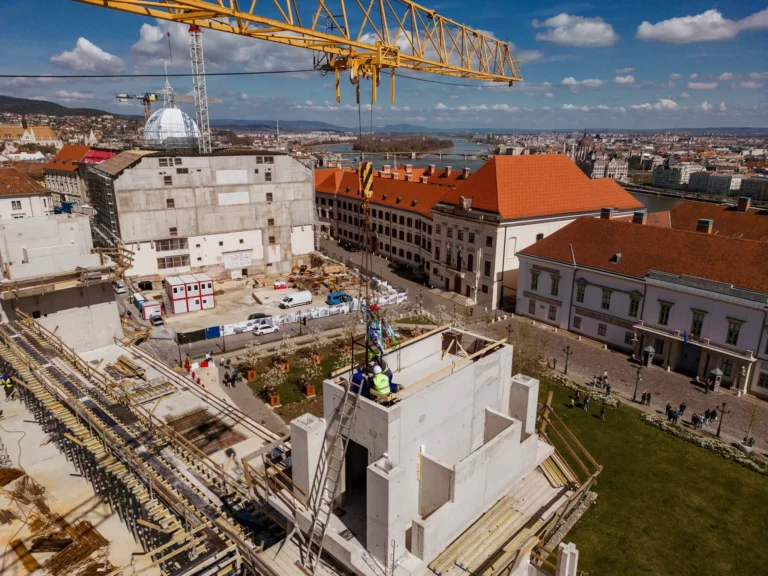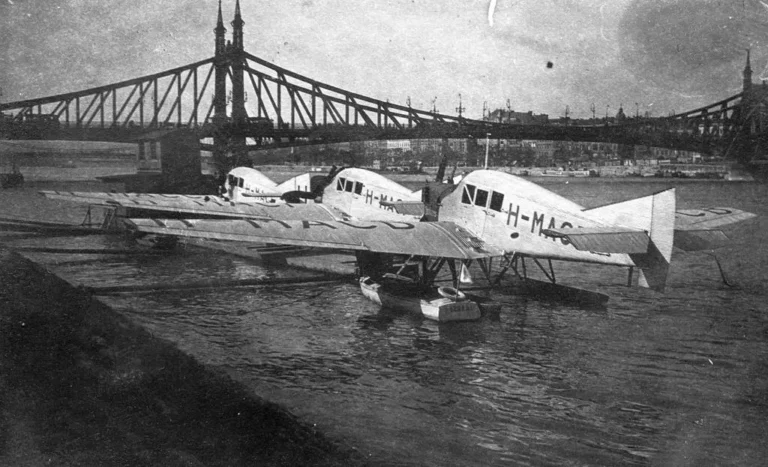Austria
Hungarian State Railways announce total closure of Budapest-Vienna line

Ministry official: migration shows no signs of easing

New timetable: travelling between Budapest-Austria changes, travel times increase

Two new border crossings to open in Hungary

Significant delays: Train speed limited on Budapest-Vienna line due to poor track condition

Orbán meets former Austrian chancellor charged with perjury
Prime Minister Viktor Orbán held talks with former Austrian chancellor Sebastian Kurz at his office in Budapest on Monday, the...
Austrian-Hungarian border closed: ombudsman intervenes

Hungarian public transport companies ensure you get home smoothly after Sziget Festival

Government ousts foreign companies in this sector in Hungary

Railway traffic between Budapest and Vienna changes significantly in August

International lawyers protest against banning Hungarians from Austrian border – VIDEO

I came to Budapest with Spago to learn more from the Hungarians – Exclusive interview with star chef Wolfgang Puck

PHOTOS: Budapest-Balaton, Budapest-Vienna flights – quick and affordable

Swiss, Germans, Austrians, and Belgians flock to this Hungarian village

Flying to exotic destinations, USA, Canada from Budapest will become very easy

The government will make foreign companies leave Hungary in this sector

Orbán: Hungarians are protecting Europe

Hungarian and Romanian authorities arrest leader of people smuggling ring





 ZH
ZH IT
IT DE
DE HR
HR NL
NL FR
FR JA
JA RO
RO RU
RU ES
ES TR
TR
